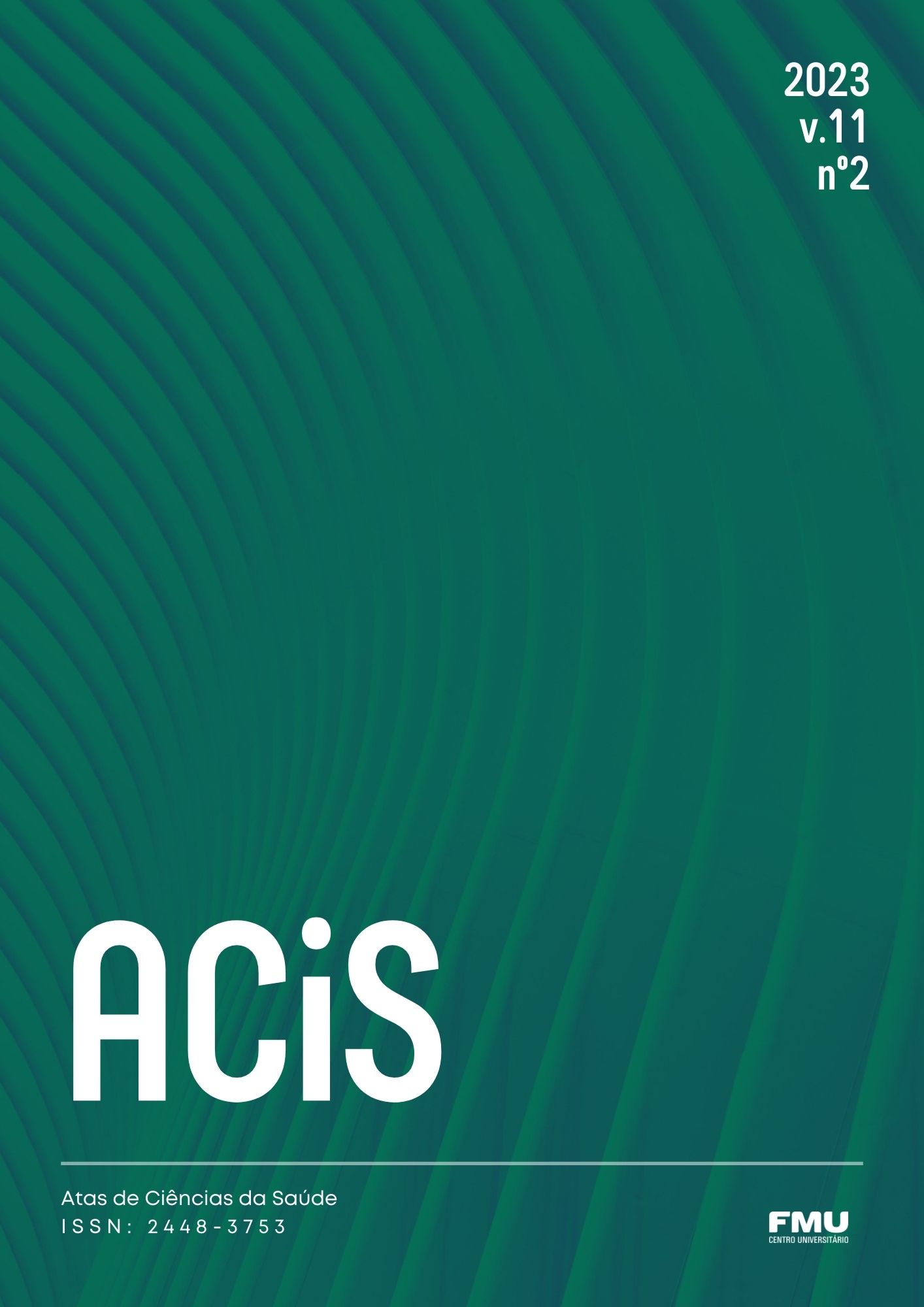A equivalência farmacêutica de medicamentos genéricos e similares
Abstract
The insertion of generic drugs in the late 1990s came with the aim of stimulating commercial competition, facilitating the population's access and improving the quality of medicines, but this brought the need to implement a medicine registration policy, such as, example, pharmaceutical equivalence. Generic and similar drugs have active(s) pharmaceutical(s) ingredient(s) identical to the brand drugs and are confirmed through tests sent to the Brazilian National Health Surveillance Agency (ANVISA) for proof. Currently the brazilian legislation requires to go through rigorous quality processes as pharmaceutical equivalence tests and bioequivalence assay using pharmacopoeial method and validated procedure to be classified as interchangeable drugs. Therefore, every generic/similar medicine is considered safe and can be purchased by the consumer with the complete confidence and efficacy of a pharmaceutical product with a high standard of quality
Published
Issue
Section
License
Copyright (c) 2023 Mônica Winkler de Oliveira, Ana Cláudia Gavazi de Morais, Eliana Rodrigues de Araújo, Sheila Rodrigues, Priscila Alves Balista

This work is licensed under a Creative Commons Attribution-NonCommercial 4.0 International License.
Autores que publicam nesta revista concordam com os seguintes termos:
- Autores mantém os direitos autorais e concedem à revista o direito de primeira publicação, com o trabalho simultaneamente licenciado sob a Licença Creative Commons Attribution que permite o compartilhamento do trabalho com reconhecimento da autoria e publicação inicial nesta revista.
- Autores têm autorização para assumir contratos adicionais separadamente, para distribuição não-exclusiva da versão do trabalho publicada nesta revista (ex.: publicar em repositório institucional ou como capítulo de livro), com reconhecimento de autoria e publicação inicial nesta revista.
- Autores têm permissão e são estimulados a publicar e distribuir seu trabalho online (ex.: em repositórios institucionais ou na sua página pessoal) a qualquer ponto antes ou durante o processo editorial, já que isso pode gerar alterações produtivas, bem como aumentar o impacto e a citação do trabalho publicado (Veja O Efeito do Acesso Livre).





